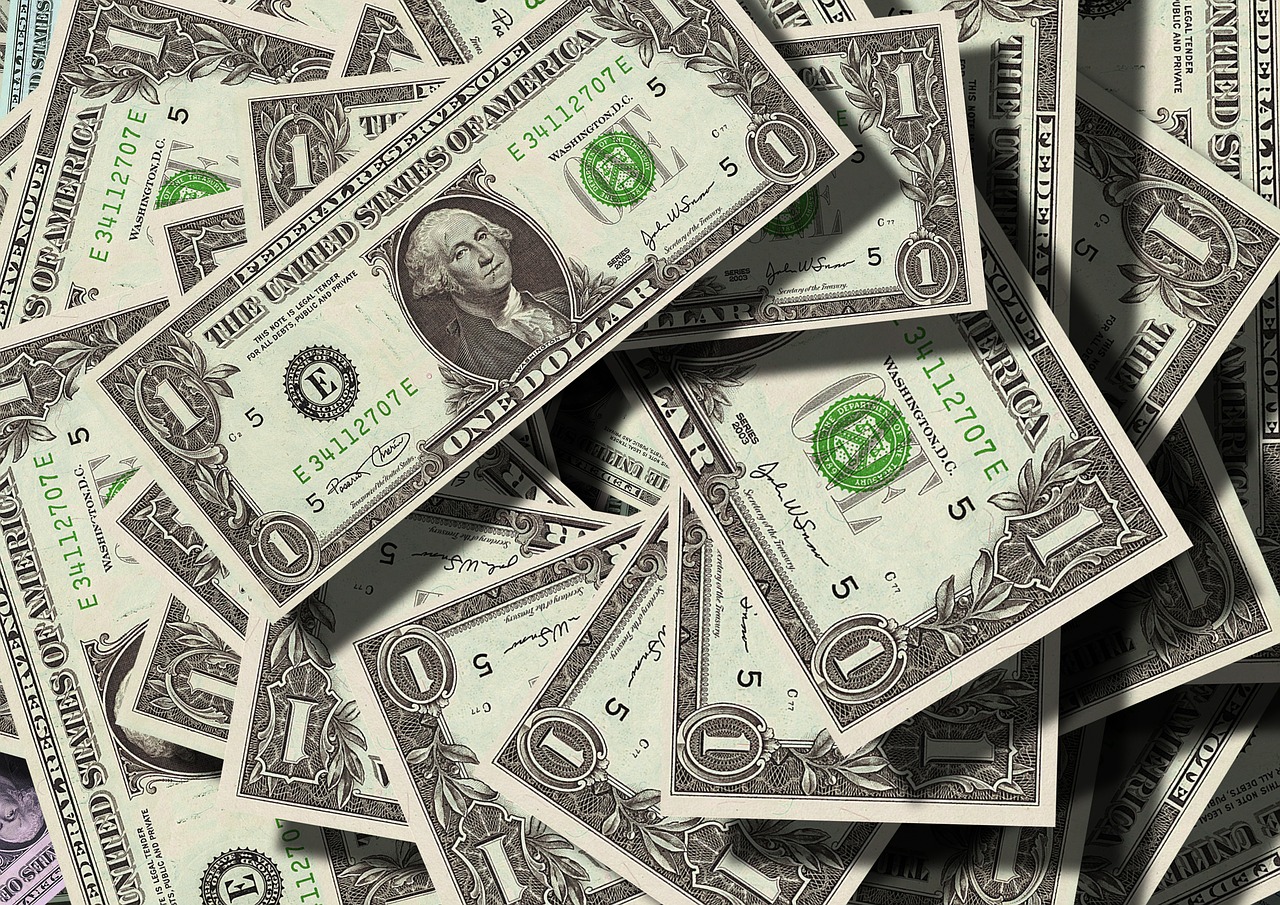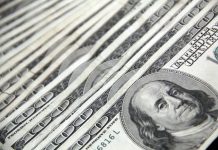
Bank deposits increased by $2 trillion amid the coronavirus crisis which struck the US in January, according to the Federal Deposit Insurance Corporation.
Data showed that deposits rose by $865 billion in April alone, which is higher than the previous record for an entire year.
The gains were attributed to the public's response to the coronavirus pandemic. The US government released hundreds of billions of dollars to assist small businesses and individuals through coronavirus stimulus checks and unemployment benefits.
The Federal Reserve came up with efforts to shore up financial markets, including an unlimited bond buying program. Meanwhile, account holders, from two-person households to global corporations, decided to store cash.
FDIC reported that over two-thirds of the gains went to the 25 biggest institutions. This flowed into the very top of the industry: Citigroup, JPMorgan Chase, and Bank of America. They thrived much faster than the rest of the industry in the first quarter.
“Any way you look at it, this growth has been absolutely extraordinary,” said Brian Foran, an analyst at Autonomous Research. “Banks are flooded with cash, they’re like Scrooge McDuck swimming in money.”
Benefits for the megabanks
The US megabanks have the advantage when it comes to the increase of bank deposits. When states started imposing shutdowns in March, corporations such as Boeing and Ford drew tens of billions of dollars from lines of credit. The funds were placed at the banks making those loans.
Big banks catered to a huge group of customers in the Paycheck Protection Program, the government’s aid for small businesses. Since lenders attended to existing customers, the finances first landed in bank accounts of the companies that managed the loans.
Trust banks, which are in charge of the investments of asset managers like BlackRock or Fidelity, received deposits when the Fed bond buying program took billions of dollars of mortgage backed securities. JPMorgan and Citigroup have big custody divisions.
Lastly, analysts say that the American megabanks simply have the most retail customers in the country or regular people with few options to spend money while staying at home. The personal savings rate reached a record of 33% increase in April, the US Bureau of Economic Analysis announced last month.
Personal income
Meanwhile, personal income rose by 10.5% that month due to $1,200 stimulus checks and unemployment benefits that exceeded a worker’s regular income in some cases.
Bank of America CEO Brian Moynihan said that that checking accounts below $5,000 in balances made 40% more money in them than before the coronavirus pandemic.
Megabanks depended mostly on deposits as a crucial advantage in the post-financial crisis era. They are among the most affordable sources of finances for loans.
However, Foran said banks are running out of uses for their ballooning stocks of cash.
“A lot of banks are saying, `There’s frankly not much we can do with it right now’,” he said. “They have more deposits than they know what to do with.”
Foran says a consequence for savers will be more immediate: Banks would lower their paltry interest rates, since they do not need more cash.






